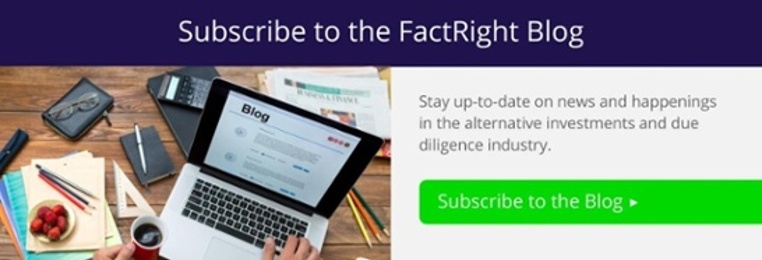
Most advisors agree that an issuer’s or investment sponsor’s ethics are becoming more and more important to investors. Surveys show that among younger investors, especially Millennials, whether a company operates in an ethical and socially-conscious environment and makes ethics an across-the-board priority is a highly important factor in their investment decisions.
According to a 2016 report by the US SIF Foundation, $8.72 trillion assets under management in the United States are invested according to sustainable and responsible investment strategies. That number has grown 33 percent since 2014 and continues to increase each year.
Advisors can capitalize on shifting attitudes and differentiate themselves from the competition by being knowledgeable about ethical investing. But what is the best way to gain that knowledge, ensuring that the recommendations you make are in line with your clients’ desires to be responsible investors?
Ethics in due diligence
When reviewing a company during the due diligence process, the differences between an ethical and unethical company often come to light indirectly when investigating contracts or other financial transactions.
Upon further review of the details surrounding either a suspect or standard transaction, glaring deficiencies in internal controls or sloppy checks and balances on third parties may reveal underlying ethical problems that are likely endemic throughout the company’s operations.
Third party due diligence consultants like FactRight also look for a company-wide framework that promotes compliance with ethics standards. That framework might include:
- Clear documentation: An organization should have documented processes and policies in place that clearly articulate its cultural values. Look for a policy statement or a set of ethics guidelines.
- Communication: Processes should be in place to communicate cultural values to the entire organization, as well as to document who has received the communication and when.
- Assessments: Organizations should seek feedback and measure the impact of corporate culture throughout the organization, as much as that is possible.
- Non-compliance procedures: Processes should be in place to identify non-compliance or breaches of cultural values. Look for specific actions that are required when those breaches occur.
- Ethical compensation: Compensation practices should support the corporate and ethical culture.
- Ethical rewards: Look for a reward system, including policies for promotions and incentives, that require adherence to corporate values.
Corporate ethical cultures: leaders set the standard
Corporate culture is present throughout an organization. However, the organization’s leadership is primarily responsible for creating, promoting and monitoring an environment that supports an ethical culture. Due diligence reviews that take ethics into account should also look to leadership in making a complete assessment. The leaders’ answers to questions about corporate culture and ethics can indicate significant efforts by any company to promote a positive ethical and corporate culture.
Investors and clients want to know the ethical climate
In today’s global environment, failing to consider a company’s ethical culture when performing a due diligence review can turn off potential investors. Marketing to investors that you’ve done your homework is an excellent way to differentiate your services. An issuer’s or sponsor’s commitment to transparency and being a good corporate citizen is a marketable quality that today’s investors are seeking.
